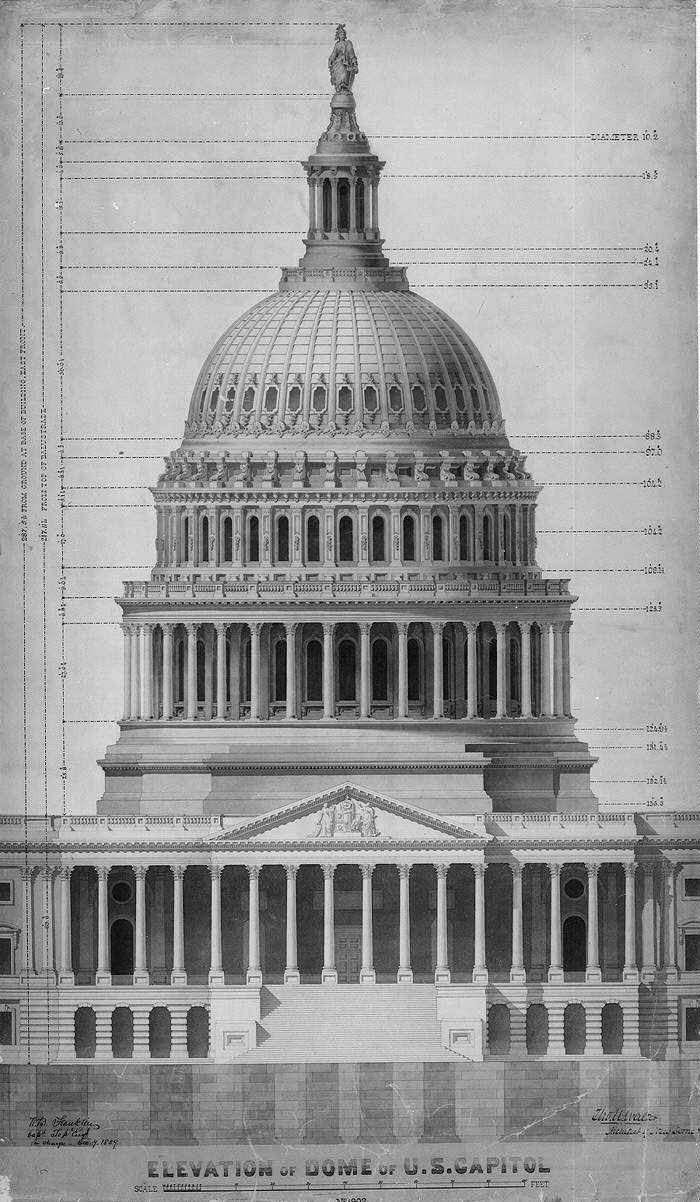 I
went to the parking garage with the same shooter who had photographed the Great
Lakes. We arrived around 2:15 p.m., and the black Lincoln was parked exactly
where I had been told it would be. We drove up to the third floor, built the
camera and framed the shot. And then we hid behind the wall and waited. After
that we waited some more. It was a nervous wait, an edgy wait. Lots of time
thinking about the rumors we'd heard that the man was a mobster. But then it
happened just the way that shadowy political op said it would. At three sharp, the
front door to the building opened and out walked the sheriff.
I
went to the parking garage with the same shooter who had photographed the Great
Lakes. We arrived around 2:15 p.m., and the black Lincoln was parked exactly
where I had been told it would be. We drove up to the third floor, built the
camera and framed the shot. And then we hid behind the wall and waited. After
that we waited some more. It was a nervous wait, an edgy wait. Lots of time
thinking about the rumors we'd heard that the man was a mobster. But then it
happened just the way that shadowy political op said it would. At three sharp, the
front door to the building opened and out walked the sheriff.
He
got about twenty feet away from the building before he sensed that something
was wrong. He looked straight up at us and froze. The camera was rolling, the
lens zoomed in. We could tell from the fear showing on his face that he thought
the camera had been a rifle, and he was about to be killed. Once his life
passed before his eyes, once he regrouped and saw that it wasn't a rifle pointed
his way but a camera, he stood there with his wheels turning. Should he run
back into the building? Or should he sprint to his car?
He
chose the Lincoln and sped off into the ruined cityscape. We threw the camera
and tripod into the van and raced off--shaking, I remember.
+Main+Elements.jpg) That's
how ACCESS TO POWER was born. First as a
screenplay entitled HIDDEN AGENDA, which was optioned and read by nearly every
production house in Los Angeles. In the first year of the TV series 24, Jack
Bauer's sleazy CIA political contact was named Robert Ellis. It was no surprise
to me because I knew how much the heads of production at both Fox and Imagine
loved the screenplay. We had spent hours together talking about the project,
but also about that day in New Jersey.
That's
how ACCESS TO POWER was born. First as a
screenplay entitled HIDDEN AGENDA, which was optioned and read by nearly every
production house in Los Angeles. In the first year of the TV series 24, Jack
Bauer's sleazy CIA political contact was named Robert Ellis. It was no surprise
to me because I knew how much the heads of production at both Fox and Imagine
loved the screenplay. We had spent hours together talking about the project,
but also about that day in New Jersey.
Obviously
ACCESS TO POWER is a political thriller, not a mob story. But in its heart is the
question that arose that same day: what if you made a negative TV ad, struck a
nerve, and your opponent decided to hit back with a gun?
 Writing
this thriller changed my life. Once I realized the difference between a
screenplay and a novel, once I realized that I could portray a character's
thoughts and feelings and get into their hearts and minds, I never looked back.
As my readers already know, I very much enjoy doing the research for my novels.
In the case of ACCESS TO POWER everything about it is real except for the
murders themselves. Every side story actually happened. I even walked through the
entire climax; the tunnels underneath the Capitol, the secret
rooms and staircases. If you take a close look at the dome, you'll see the
ladder built into the side. I made the climb to the top from inside the
building just to make sure that the ending was possible.
Writing
this thriller changed my life. Once I realized the difference between a
screenplay and a novel, once I realized that I could portray a character's
thoughts and feelings and get into their hearts and minds, I never looked back.
As my readers already know, I very much enjoy doing the research for my novels.
In the case of ACCESS TO POWER everything about it is real except for the
murders themselves. Every side story actually happened. I even walked through the
entire climax; the tunnels underneath the Capitol, the secret
rooms and staircases. If you take a close look at the dome, you'll see the
ladder built into the side. I made the climb to the top from inside the
building just to make sure that the ending was possible.
What
an ending. What a beginning. What a trip.
No comments:
Post a Comment